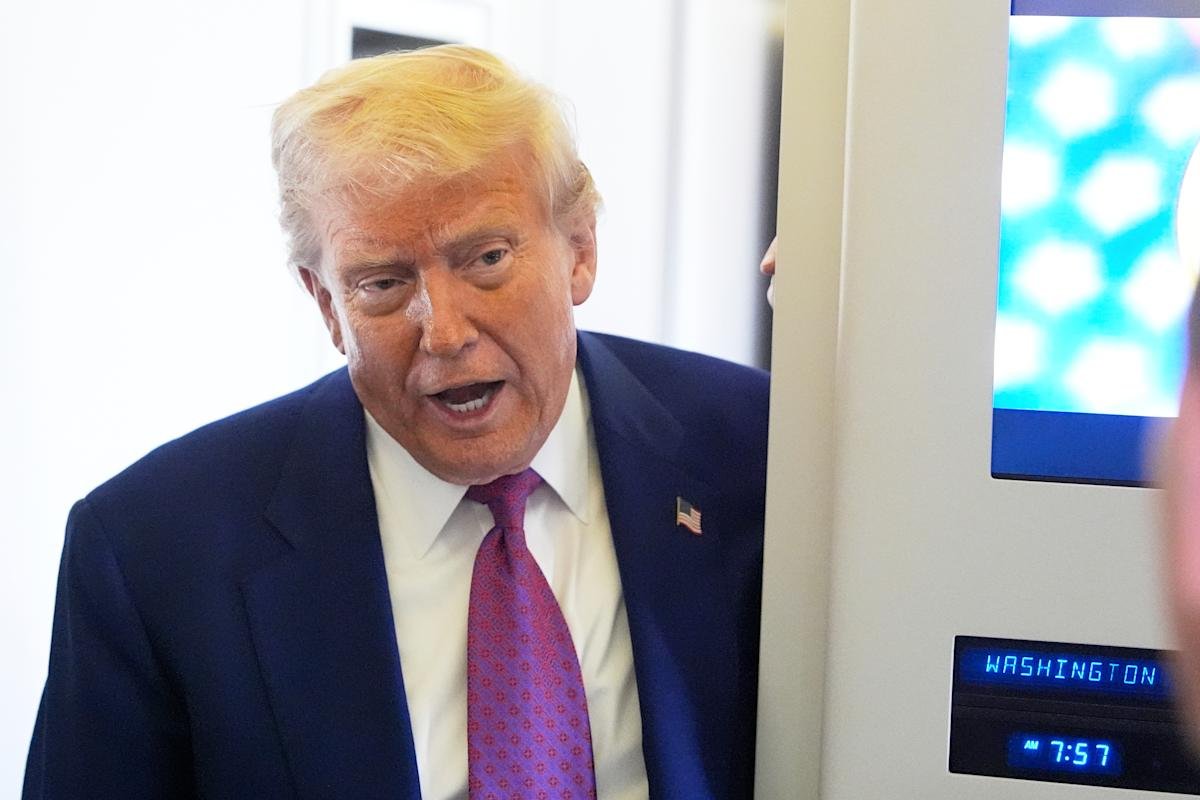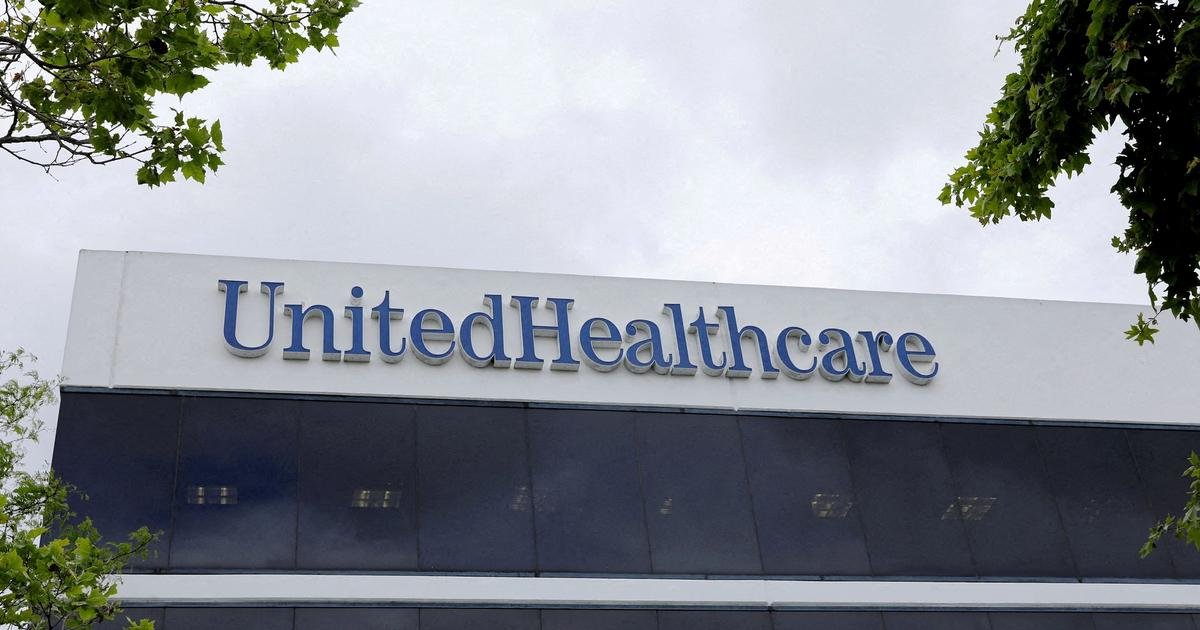A simple, short questionnaire designed by an Edith Cowan University (ECU) researcher could help people better understand and track their emotional well-being with minimal time and effort.
The Brief Emotional Experience Scale (BEES) was developed and tested by ECU Psychology Researcher and Senior Lecturer Dr Shane Rogers. Developed to be accessible, intuitive, and easy to use, BEES pairs positive and negative emotion adjectives like happy–sad or calm–worried to provide a balanced assessment of emotional health.
BEES has now been validated in a large-scale study involving over 7,000 participants, including university students, school students and members of the public in Australia and the UK.
Quick, clear and effective
Dr Rogers said the BEES was created to offer a reliable emotional well-being measure that could be completed in just a few moments.
“Many existing mental health questionnaires are long, complex or use technical language,” he said.
“We wanted to develop something that was clear, quick to complete, and appropriate for a wide range of people regardless of age, background, or literacy level.”
Unlike other tools that focus solely on high-intensity emotions like excitement or anxiety, the BEES covers a broader range of everyday emotional experiences, using balanced pairs of positive and negative feelings.
Low stress, high accuracy
The study found that the BEES results matched closely with established psychological tools like the Depression, Anxiety and Stress Scale (DASS-21) and the Kessler Psychological Distress Scale (K10). It also caused less discomfort for participants, which Dr Rogers explained was a key factor in encouraging honest and ongoing self-reflection.
“Participants reported feeling more comfortable using the BEES compared to other mental health questionnaires,” he said.
“That’s important, especially if we want people to regularly check in with themselves or use the tool in settings like schools, workplaces, or healthcare.”
Spotting signs of distress
The research also helped establish new scoring bands to identify people experiencing higher levels of emotional distress; about 20 per cent of females and 10 per cent of males in the study fell into this category.
“These insights can help identify people who may benefit from extra support, without needing a long or invasive survey,” Dr Rogers said.
“It’s about giving people a tool that’s both scientifically sound and easy to use in everyday life.”
Free and ready to use
The BEES is freely available to researchers, educators, health professionals, community organisations, and the public and does not require special permission to use.
“We’re hoping to see the BEES used more widely, whether it’s by schools wanting to monitor student wellbeing, researchers looking for a flexible measurement tool, or anyone interested in keeping track of how they’re feeling,” Dr Rogers said.
He added that future research would focus on testing the BEES in different cultural contexts and over longer periods of time, including its ability to track emotional changes after interventions or during life transitions.
The paper ‘Reliability and Validity of the Brief Emotional Experience Scale (BEES) as a Measure of Emotional Well-Being’ is published in the journal Behavioural Sciences.
To find out more, visit the BEES webpage.
Northampton council backs Medicare for All resolution in state – Daily Hampshire Gazette
Downtown Northampton over Main Street. STAFF FILE PHOTO
By ALEXANDER MACDOUGALL
Staff Writer
NORTHAMPTON — Count the city among those advocating for universal health care in the state of Massachusetts.
The City Council last Thursday passed a resolution to endorse a bill in the state Legislature titled “An Act Establishing Medicare for All,” which if passed would “guarantee every resident of the Commonwealth access to high quality health care,” by providing reimbursement for all health care services offered by eligible providers and supplying funding for health care facilities, according to language in the bill.
The bill’s sponsors in the Legislature include both state Rep. Lindsay Sabadosa and state Sen. Jo Comerford, both of whom represent Northampton in their respective chambers.
In calling for universal health care, the Northampton resolution cited factors such as the shortage of primary medical care physicians in western Massachusetts, the rising costs of health insurance coverage and the recent collapse of the Stewart Health Care in the commonwealth.
“An alternative system that provides quality, affordable health care for all would remedy the unfairness, unevenness, and disparity of the current healthcare system and advance the goals of increasing access, improving quality and containing costs,” the resolution states. “Medicare for All, or single-payer health care, is a system that would guarantee inpatient and outpatient medical, dental, vision, and nursing home care for all Massachusetts residents regardless of income, employment status, or preexisting conditions, and without copayments, deductibles or cost sharing.”
Shelly Berkowitz, a retired family physician who helped craft the language of the resolution, told the council during its Thursday meeting that if the budget bill promoted by President Donald Trump were to pass in the Republican-controlled Congress, Massachusetts would stand to lose $1.75 billion in Medicaid funding.
“How will the Massachusetts political leadership react?” Berkowitz said. “The only logical solution now is to cover everyone with Medicare for All.”
The council unanimously passed the resolution, which was sponsored by councilors Stanley Moulton, Rachel Maiore, Quaverly Rothenberg and Jeremy Dubs.
Article continues after…
Cross|Word
Flipart
Typeshift
SpellTower
Really Bad Chess
Moulton said he supported the resolution due to the ongoing instability at the federal level under Trump, which has seen numerous job cuts and slashing of health care funding.
“The federal political climate now makes this more imperative than ever,” Moulton said. “It [the resolution] speaks for itself.”
Maiore also said that if enacted, universal health care would have a positive impact on the city, citing rising health insurance costs for employees that have contributed to the demands to the school budget.
According to MassCare, an advocacy group that supports single-payer health care in the state, the city of Northampton in 2023 paid a total of $11 million in health insurance costs to employees on its payroll, and would stand to save $6 million in total costs under a single-payer system.
“If this actually happened, our school budget woes would probably go away,” Maiore said. “It’s that much money that we are spending on our health care here.”
Though a bill exists to create universal health care in Massachusetts, it has been introduced in every legislative session in the State House for more than a decade and has yet to be passed.
A similar bill, known as Primary Care for You or PC4You, would require all commercial insurance payers in the commonwealth to offer a prospective, per patient, per month payment to all primary care practices who chose to opt in. That bill would also mean patients would not be responsible for co-payments, co-insurance, or any deductibles when accessing primary care. Though that bill did not go through last year, the state created a Primary Care Task Force to work on the details on how such a future bill might work in practice.
Alexander MacDougall can be reached at amacdougall@gazettenet.com.
06-06-2025 2:16 PM
06-06-2025 12:51 PM
06-05-2025 4:28 PM
06-05-2025 11:11 AM
Social Media
• Facebook
• X
• Youtube
• Instagram
By using this site, you agree with our use of cookies to personalize your experience, measure ads and monitor how our site works to improve it for our users
Copyright © 2016 to 2025 by H.S. Gere & Sons, Inc. All rights reserved.
Leave a Comment
Leave a Comment
UnitedHealthcare lawsuit accuses Guardian of trying to ‘capitalize’ on CEO’s killing – Semafor
Sign up for Semafor Media: Media’s essential read. Read it now.
UnitedHealthcare is suing The Guardian for defamation over a story the publication ran related to its billing for nursing home residents.
In a May 21 story, The Guardian US alleged that the health care giant saved money at the cost of nursing home residents’ health.
In a lawsuit filed on Wednesday, UnitedHealthcare said that The Guardian had knowingly published false information, and tried to capitalize on media interest in the killing of its then-CEO last year in New York. The health care company alleged that The Guardian cropped screenshots quoted in the article, taking the email out of its full context. It further disputed some of The Guardian’s characterizations of medical events in the story.
“The Guardian knew these accusations were false, but published them anyway, brazenly trying to capitalize on the tragic and shocking assassination of UnitedHealthcare’s then-CEO, Brian Thompson,” the complaint says.
UnitedHealthcare is being represented by the law firm Clare Locke, which has made a name for itself for aggressively pursuing defamation lawsuits against news media organizations.
In a fiery statement first shared with Semafor, The Guardian said it was not backing down from its reporting following the lawsuit, saying that the story was backed up by documents and on-the-record lawsuits.
“The Guardian stands by its deeply-sourced, independent reporting, which is based on thousands of corporate and patient records, publicly filed lawsuits, declarations submitted to federal and state agencies, and interviews with more than 20 current and former UnitedHealth employees — as well as statements and information provided by UnitedHealth itself over several weeks,” a spokesperson said. “It’s outrageous that in response to factual reporting on the practice of secretly paying nursing homes to reduce hospitalizations for vulnerable patients, UnitedHealth is resorting to wildly misleading claims and intimidation tactics via the courts.”
UnitedHealth has struggled in the months since the high-profile murder of its former CEO.
Last month, the company announced that it was replacing its now-former CEO, Andrew Witty, after reporting poor profits and shaky projections for the rest of 2025. And The Wall Street Journal reported that the company is at the center of multiple Department of Justice investigations for potential Medicare fraud.
Transparent news, distilled views, and global perspectives.
Sign up for Semafor
media
Leave a Comment
Leave a Comment
Leave a Comment
Fitness product sold almost 4,000,000 times recalled over broken bones – Metro.co.uk
Nearly four million dumbbells have been recalled after over a hundred reports of injuries including broken bones.
Johnson Health Tech Trading recalled about 3,844,200 units of its BowFlex Adjustable Dumbbells that were sold across the US by retailers including Amazon, Best Buy, Costco and DICK’s Sporting Goods.
The dumbbells were recalled on Thursday because ‘the weight plates can dislodge from the handle during use, posing an impact hazard’, according to an independent federal regulatory agency responsible for protecting people from consumer product injuries.
Johnson Health Tech Trading got 12 reports of the plates coming loose but no injuries, according to a notice from the US Consumer Product Safety Commission (CPSC).
But Nautilus Inc, which sold 3.7million units, received 337 reports of the plates dislodging that led to 111 injuries including broken toes, concussions, abrasions or contusions.
The two models subject to the recall are BowFlex 552 Adjustable Dumbbells, which adjust from 5 to 52.5 pounds, and BowFlex 1090 Adjustable Dumbbells, which adjust from 10 to 90 pounds.
They were sold in single units and pairs and are black, have handles, weight plates and a molded plastic tray.
Best Buy, DICK’s Sporting Goods and Johnson Fitness & Wellness stores, and Bowflex.com and Amazon.com sold dumbbells from 2004 to April 2024 made by BowFlex Inc, formerly known as Nautilus Inc. They were also sold from May 2024 to May of this year by Johnson Health Tech Trading Inc for $200 to $800.
BowFlex Inc filed for bankruptcy in March 2024, and Johnson Health Tech Trading is handling refund and replacement requests for those dumbbells as well.
Customers should stop using the dumbbells immediately and contact Johnson Health Tech Trading for a refund in the form of a voucher, or a replacement.
It was announced the same day that the CPSC published a recall of about 1.7million U and U+ Window air conditioners over fears that they could harbour mold.
Get in touch with our news team by emailing us at webnews@metro.co.uk.
For more stories like this, check our news page.
MORE: Popular clothing retailer to close almost 200 more stores in 2025
MORE: Plastic surgeon who stabbed rival doctor and tried to burn down his home jailed
MORE: Six people killed after plane crashes into Pacific Ocean near San Diego
Stay on top of the headlines with daily email updates.
This site is protected by reCAPTCHA and the Google Privacy Policy and Terms of Service apply. Your information will be used in line with our Privacy Policy
Stay on top of the headlines with daily email updates.
This site is protected by reCAPTCHA and the Google Privacy Policy and Terms of Service apply. Your information will be used in line with our Privacy Policy









